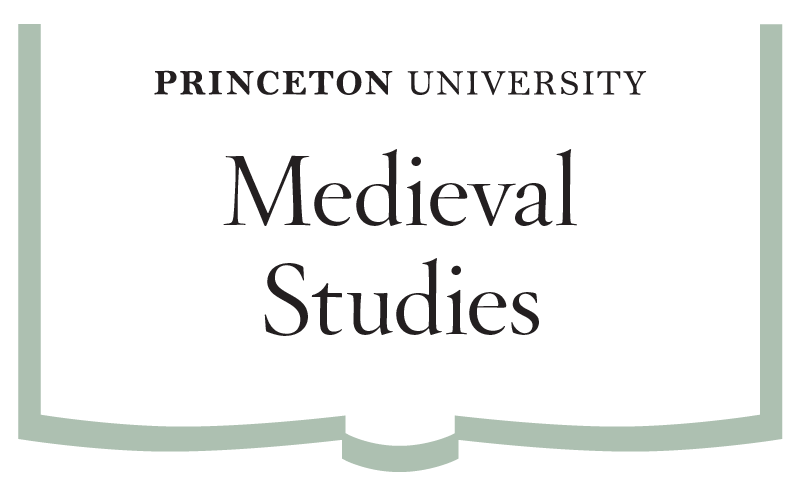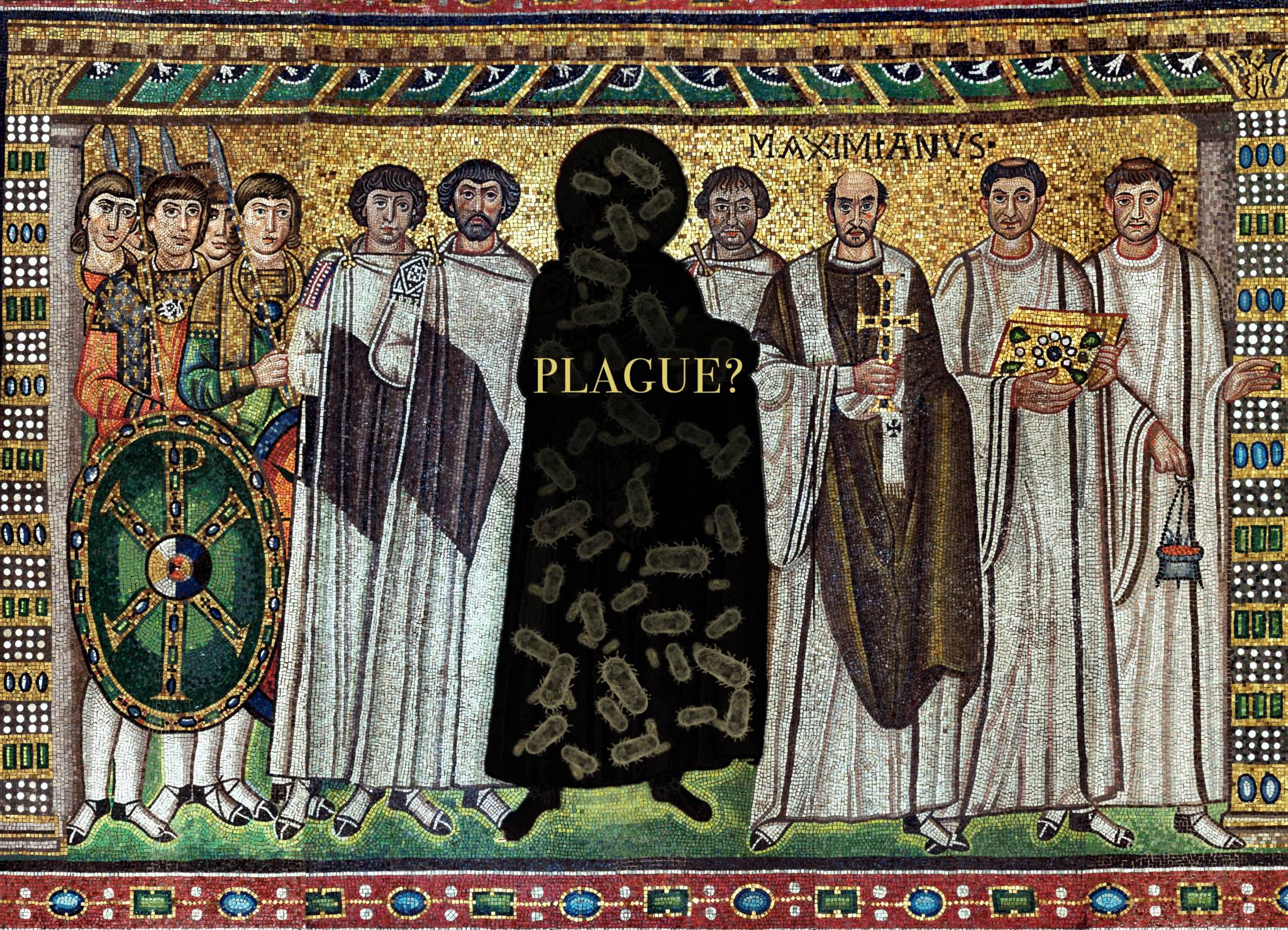The ongoing coronavirus pandemic has spurred numerous articles, op-eds, and blog posts comparing what we are experiencing today with historical pandemics.
On April 7, the Program in Medieval Studies invited Merle Eisenberg (PhD, History *18) to lead a Late Antique, Medieval, and Byzantine (LAMB) “virtual workshop” entitled “Pre-Modern Pandemics in History, Science, and Popular Media,” focused on his recent research on the Justinianic Plague (c. 541-750 C.E.).
Together with several Princeton collaborators, particularly Lee Mordechai (PhD, History *17), Eisenberg has created a digital humanities app and written several articles, including in the Proceedings of the National Academy of Sciences (PNAS), which Eisenberg used as the basis for the seminar discussion.
Eisenberg outlined the process of preparing the PNAS article, and the challenges of establishing collaborative networks and building large datasets, given the different ways in which scientists and historians think with data. A strong focus was how to use scientific evidence in historical work without drawing simple causal explanations, such as attributing the fall of Rome to a plague pandemic.
Eisenberg also offered guidance on how scholars can increase publicity around their research, since his PNAS article received press coverage from CNN, Fox News, USA Today, and the NY Post, among other media outlets. He has also written op-eds on “Why Treating the Coronavirus like the Black Death is so Dangerous” (Washington Post) and has been interviewed on CNN. Sharing a media guidance “white paper,” he offered tips for those who wanted to pitch their work to the media in the future.
Finally, he discussed his ongoing work that attempts to answer the seemingly simple question: Why do people think the historical plagues had a massive impact on history? He suggested that this straightforward question has a history itself, and his current work examines how this idea became central to thinking in scientific and historical scholarship, as well as in the popular culture – especially film – of the last 75 years.
Eisenberg’s published work can be found on his Academia.edu page. Eisenberg and Mordechai are also launching a podcast and website, titled Infectious Historians, to bring their approaches to historical pandemics to the broader public.













